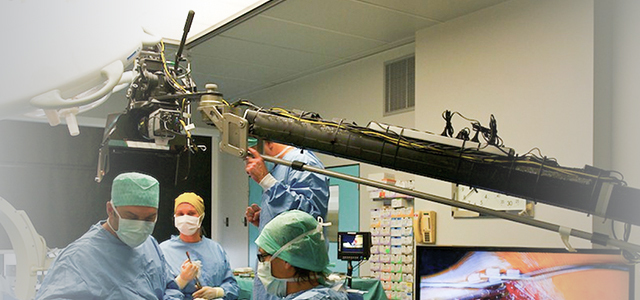
The 2018 American Heart Association/American College of Cardiology/Multisociety (AHA/ACC/MS) guideline on blood cholesterol management recommends using the pooled cohort equations (PCE) to estimate 10-year atherosclerotic cardiovascular disease (ASCVD) risk in patients aged 40-75 years without diabetes and an LDL-C level of 70-189 mg/dL for primary ASCVD prevention.
More
Over the past decade, there has been significant interest in the role of ketone bodies (KBs) both within and outside the medical arena because of their reported beneficial effects in the heart.
More
The validation of natriuretic peptides (NPs)—B-type NP (BNP) and the more stable N-terminal proBNP (NT-proBNP)—as heart failure (HF) biomarkers over the past 3 decades has transformed clinical practice by providing a means to discriminate acute HF from other causes of dyspnea
More
Patients with coronary disease have a life-long increased risk of developing new major adverse cardiovascular events. Depending on co-morbidities and atherosclerotic burden, patients have a 5-year risk of up to 20% for MI, ischemic stroke, or death. A proportion of this risk is attributable to the inflammatory drivers in atherosclerosis, often referred to as the residual inflammatory risk.
More
The 4th generation Da Vinci surgical robot represents the highest level of today’s surgical robot: freely movable "arm", 3D high-definition image and human-computer interaction design of the console, making this operation the "Everest" that thoracic surgery experts are competing to climb.
More





